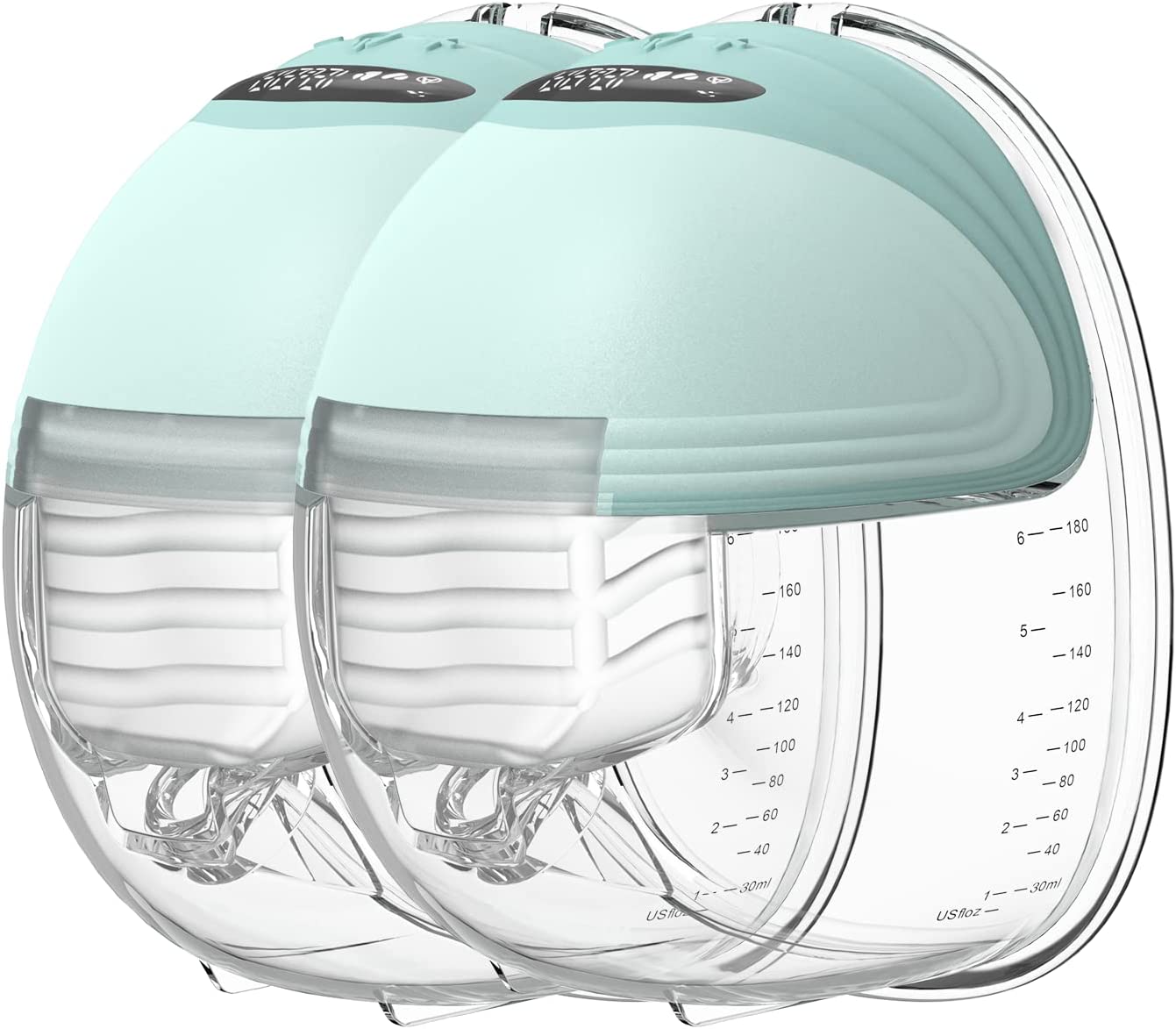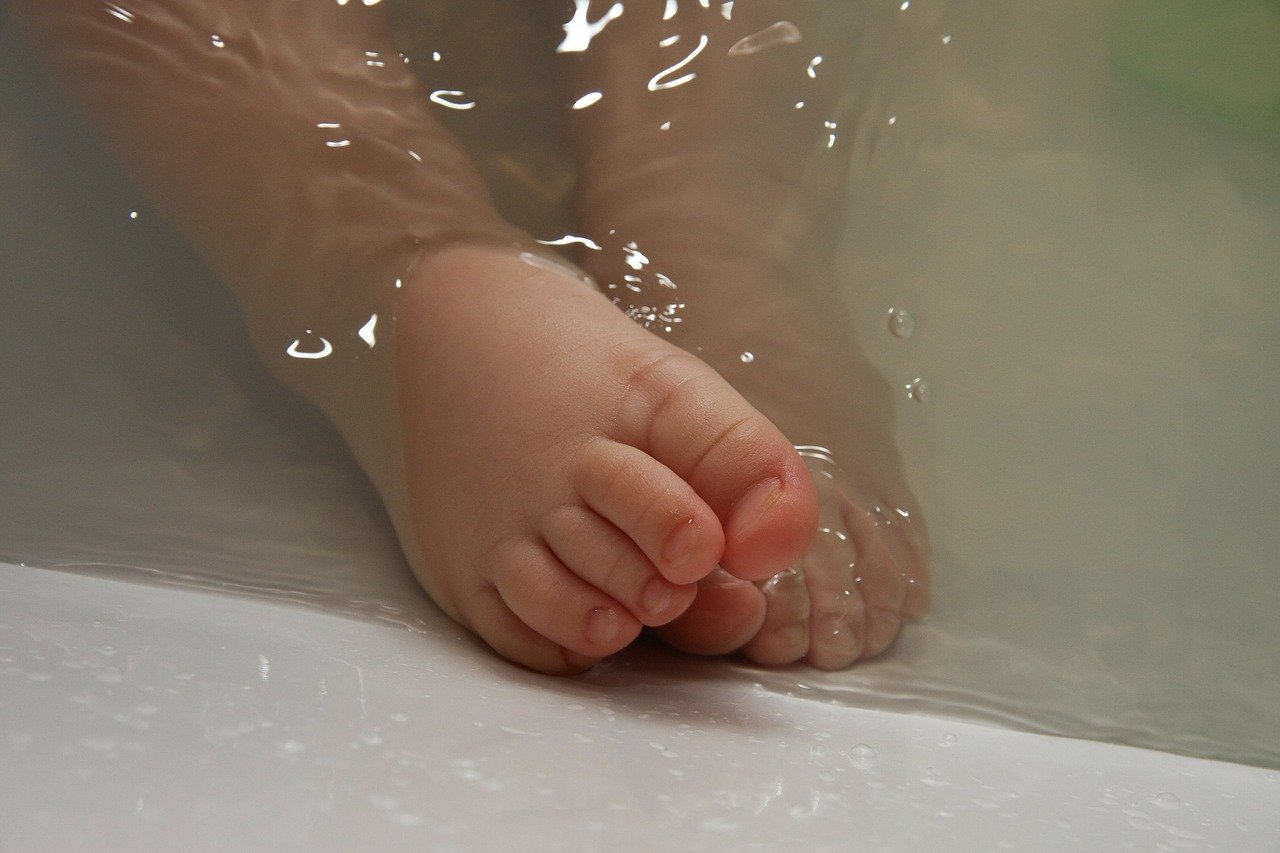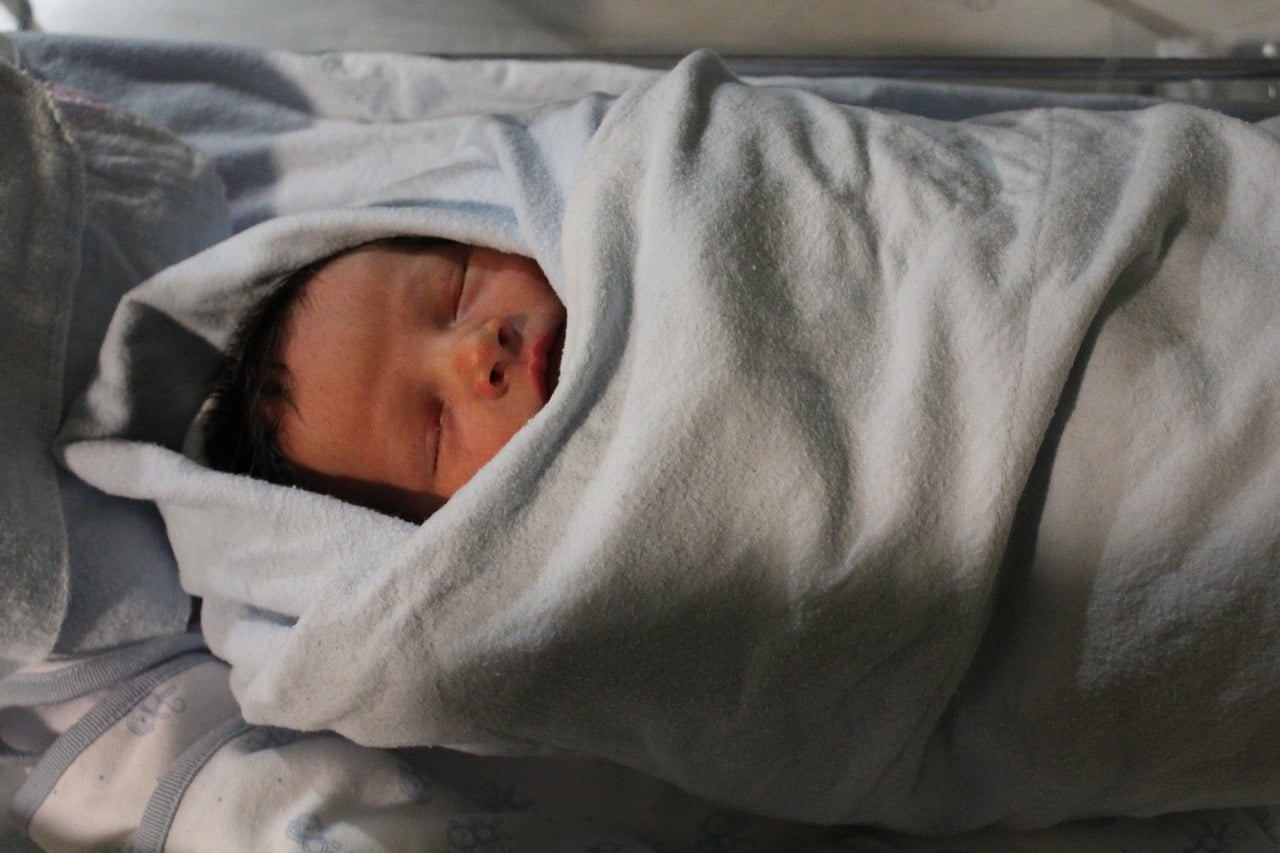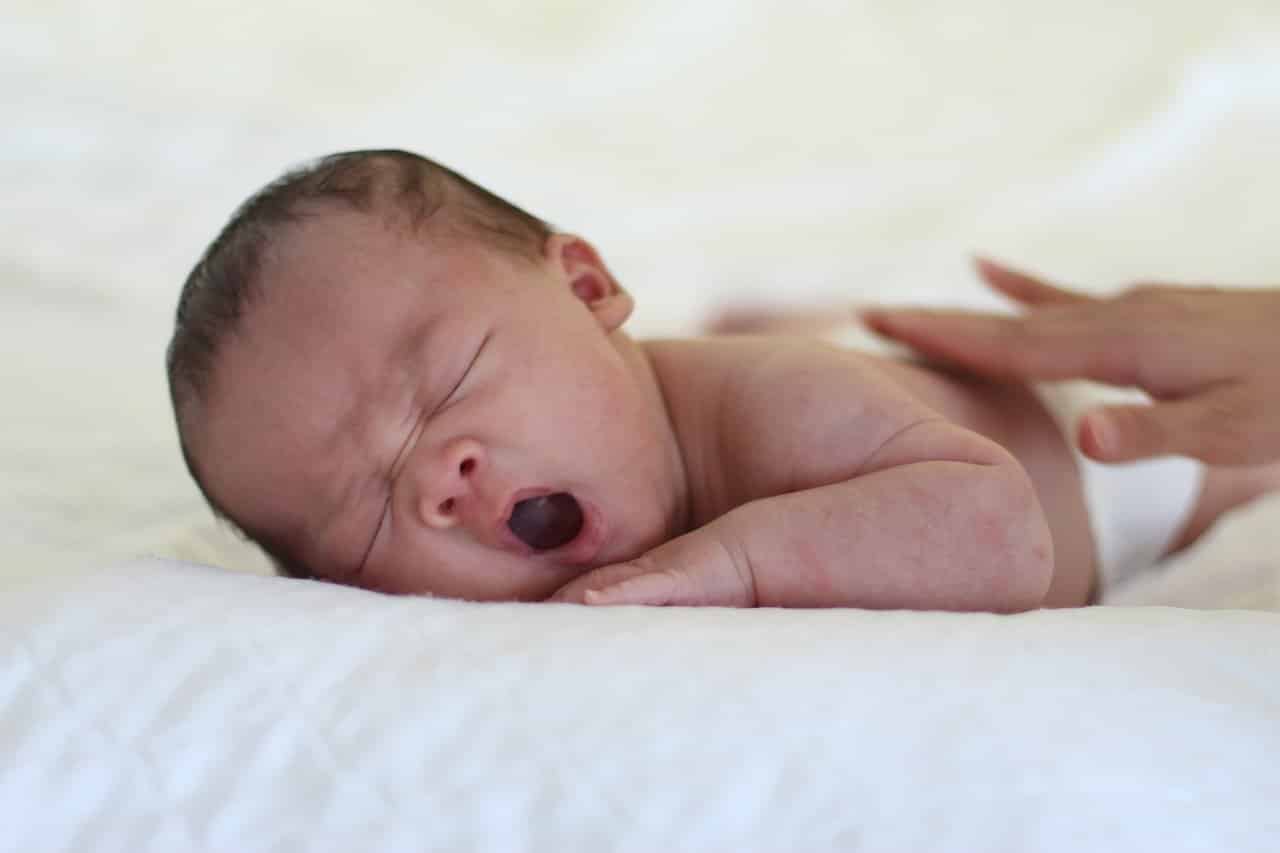Good sleep is essential for the development of a healthy baby, and babies who sleep well during infancy are less likely to be napping poorly as toddlers. A good bedtime routine can help your baby get the rest they need.
Importance of Sleep to Babies
Babies need sleep. They need to get enough sleep to develop healthy habits and learn many of the skills they will need as kids, teenagers, and adults. And though you may not be too worried about your baby\’s sleeping habits at the moment — like, say, how long it takes them to go down for a nap or bedtime — eventually there will come a time when you start wondering how to help them get more sleep. There are many options available to help your baby sleep better and make getting the sleep they deserve easier. But first, you have to determine what those options are.
1. Babies who have enough sleep during the day are better able to regulate their body temperature. Babies who do not get enough sleep tend to wake up more often, and overheat at night.
2. More sleep helps babies develop stronger immune systems by enhancing immune cell production and activity in response to infection-causing pathogens.
3. More sleep helps babies process nutrients effectively; inadequate sleep may prevent babies from getting all the nutrients they need to grow well.
4. More sleep is associated with better scores on developmental tests of mental and physical development, including tests of fine motor skills, cognitive development, language development, and behavioral regulation.
5. A single night of poor or insufficient sleep can affect a baby\’s behavior and performance the next day, even if that baby has been sleeping well for months on end.
How to Help Your Baby Sleep
Here are some things you can do to get your baby sleeping through the night as soon as possible:
Set a consistent bedtime routine and stick with it
Start winding down in the hour before bedtime. Take a bath with your baby, play quiet games and sing lullabies. When you are ready for bed, so should be your baby. Keep these routines going into the toddler years, since consistency is important for sleep habits in both children and adults.
Related: Ways to put your baby to sleep quickly
Move your baby\’s crib
As your baby starts to sleep longer at night, move their crib and bed toward the middle of the room, where they will be less likely to roll out of bed. Don\’t move them too far away from your room or they may wake up during the night and cry. If you are not sure where to move your crib, consult a pediatrician or doctor for advice. The best places to put a crib are in a sunny spot by a window but do not place it directly over an electrical outlet.
Check baby\’s room
Make sure that the temperature in your baby\’s room is comfortable for them. Wear socks to make sure that the room is not too cold or hot. Take a thermometer with you if you are unsure of the temperature in your baby\’s bedroom. Keep drafts from under doors and windows out by using heavy, insulated drapes.
Rock your baby to sleep
Soothe your baby to sleep with a rocking motion. Make sure that you are aware of exactly how long it takes you to place your baby down asleep and then do the same thing each night. It is also important to remember that you cannot rock your baby back to sleep if they are not already asleep.
Brush their teeth
Studies have shown that children who brush their teeth before sleeping have fewer issues with sleep terrors or insomnia. Remind your child to brush their teeth in the morning.
Switch off bedroom lights
Keep your bedroom lights dimmed or off as much as possible so that your baby can sleep better. If you are going on a trip with your baby, make sure that you have downsized the amount of stuff in the room before leaving. A change in room temperature is also good for babys\’ sleep habits.
Take a walk
Spend some time walking around with your baby. Babies who have been rocked to sleep and then taken for a walk will often fall asleep while still sucking on the breast or bottle. If you are not going out, take your baby to the park, or even just around the block if you have a stroller. If you are leaving the house, make sure that there is nothing in the way that could be eaten by a toddler before leaving.
Give your baby a pacifier
Babies who are breastfed often do not sleep well at night, so once they learn to breastfeed, it is important to start offering them pacifiers to help with those nights they need a little extra help falling asleep. Babies who don\’t use pacifiers tend not to nap well.
Give your baby a bath before bed
While you can bathe your baby when he/she wakes up in the morning, this becomes more difficult when you require that they sleep in the same room as you. As a result, it is better to get them into a tub after they have gone to sleep so that you can keep an eye on them and make sure that they do not drown while in their sleep. If you would rather not give your baby a bath, consider doing so before bedtime so that he/she has already gotten enough water during the day.
Never feed the baby before he/she sleeps
Babies need to eat when they are hungry. If you are already struggling with a newborn, it is likely that you will get up to feed them throughout the night or that you will simply bring them into your room so that you can make sure they do not starve. While this is understandable, it can have negative effects on their sleeping habits if consistently done over time. When you feed your baby right before bed or during the night, they are going to associate food with being awake and active.
Consider using a white noise maker
White noise is the sound that nearly all of us are familiar with, the one that is on in the background when you’re at home or in a room and it just sounds like chaos. White noise works very well as a sleep aid. You can buy a white noise machine for your house or car. When you are in a public place, you can use your phone or even the TV remote to turn the volume up and use it as a white noise machine.
Eliminate Distractions
If they are awake, do not allow them to play in the room that you are sleeping in. If you are going to be eating with the baby or put him/her down for a nap, move to a different room so that they cannot see you sleeping. This also applies to other children in the house. You must make it clear that he/she should not continue playing with other children or running around after he/she is put down for bed.
Babies require a lot of sleep. But nowadays, most babies don\’t get enough of it. Ever wonder why your baby doesn’t sleep? There are many reasons why your baby might not be able to sleep, but some are better than others. Whatever the reason is, there are always techniques that you can use to help your baby get a good sleep. Should you need more tips to help you in putting your baby to sleep, please leave us a message.
Andrea GibbsAndrea Gibbs is born and raised in New York. A work-at-home mom with a background in business development, strategy, and social media marketing. She is also a blog contributor at
Baby Steps Preschool to motivate and educate other parents about how they can get their children ahead of the game in school.












